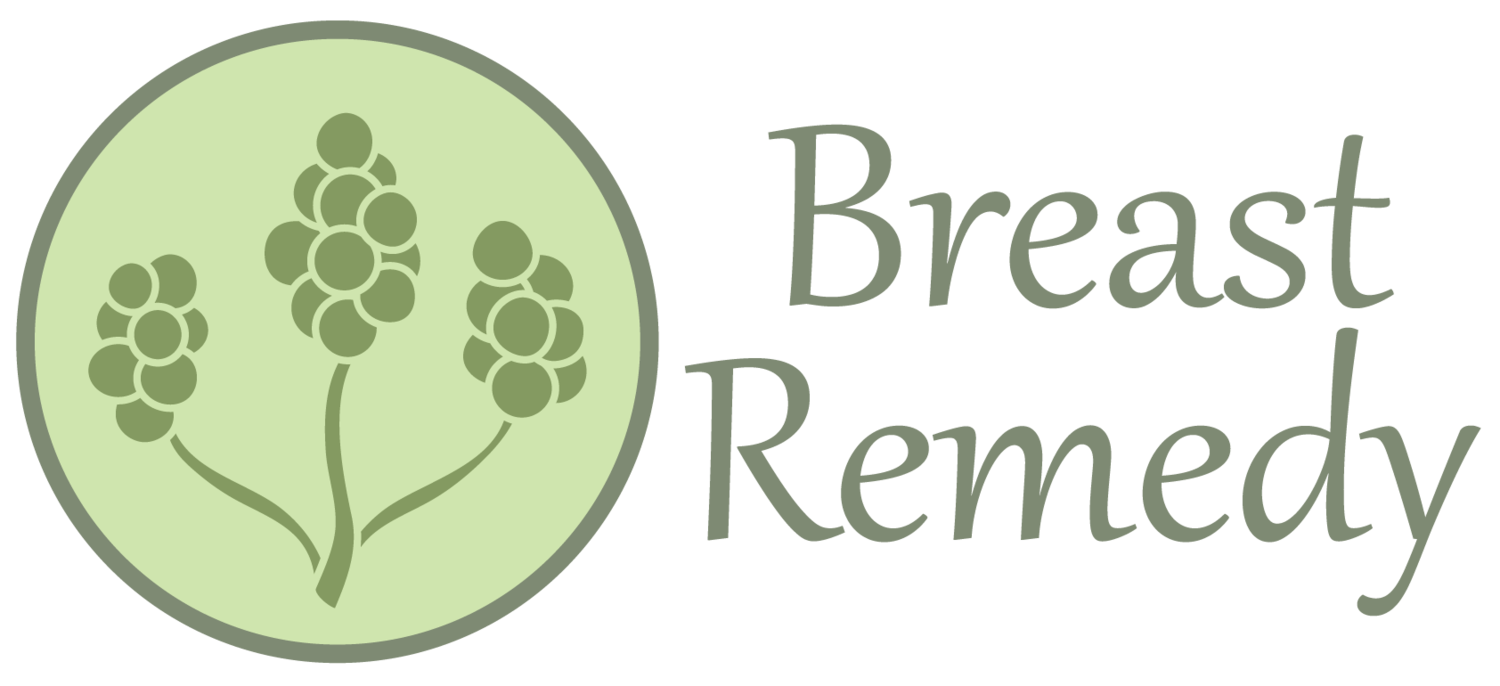I love my job. I don't think of it as "hard" in the physical sense, when compared to other labors. But sometimes I feel so worn out at the end of the day and I can't comprehend what happened.
There are different kinds of "hard" in the world. During breast massage class, and during treatment sessions, I have to answer many daunting questions. What is a cyst? Why would I get a mammogram instead of an thermogram? How do I reduce chest pain in a client recovering from breast reconstruction? It is a constant shuffle between memories of facts I have researched, stories I have experienced, calculations I have made about how much material to teach in this lecture/session, and promises I must keep to the students to give them what they came here for, rather than what I think they "should" get. This requires giving responsible and impartial information. It is mentally challenging. After class, it is sometimes hard for me to speak with anyone using more than monosyllabic responses.
On a deeper level, it has taken me years to suss out how my proprioceptors (sensing nerves) communicate information to me, and how to translate these messages into therapeutic movements and words. There is a dearth of education available on breast massage and I have had to create some of the work as I go. While working hands-on with a client, I am gathering dozens of pieces of data. How does this tissue feel? What is its story? Where does it relate to other areas of tension? Is it medically safe for me to work here? Does the client feel emotionally safe with me treating her breast tissue? Why is she crying?
This woman is grieving the loss of a loved one to breast cancer. That woman is releasing the anger of a breast surgery gone awry. This woman is rejoicing in experiencing safe, comforting touch in an area that was once abused. My proprioceptors physically pick up this emotional data too, in a way that I can't explain. It can be overwhelming to be in this moment, but not of this moment, at the same time.
When this happens, I return to my lessons in Vipassana meditation. It's not about me. I don't have to know all the answers. It's not my job to fix every hurt in the world. I just need to listen to my heart and truly hear what is said to me, then move and speak (or remain silent) accordingly. "Don't fix, just be," it says. This discipline of presence argues with the codependent doctrine learned early in my life. Winning the debate can exact a spiritual toll.
But by the end of the treatment, the women are smiling and hopeful. They leave the clinic with "em-power tools." At return visits, they report actually doing their self-care assignments (!!) and I can feel the improvement in the breast tissue texture and now it's my turn to smile.
So I have stopped comparing myself to others. When feeling into my fatigue at the end of the day, I recognize a sense of accomplishment and gratitude that feeds my soul. A muscle has been exercised that extends my presencing endurance and leaves me curious as to what the next session will bring. In this life I bring a crucible in which women join together and add ingredients from their lives to advance breast care for the generations to come. That much is enough.
I share this to let massage therapists know some of the things they might experience when getting involved in therapeutic breast massage. The dedication to learning and teaching a new skill may be demanding, but it has made me a better practitioner and a better person in all areas of my life.
Consider how you might begin to explore this topic. Please comment below about one small thing that you want to do to start this journey. It can be as simple as sharing a link to one of my pages that inspires you to reach out to others, or downloading my self-care handouts to learn how to better care for your own breasts. Register for a class in Seattle. It may be hard at first, but you will be rewarded for your courage.
Use this link if the comment box and share link do not appear below.

